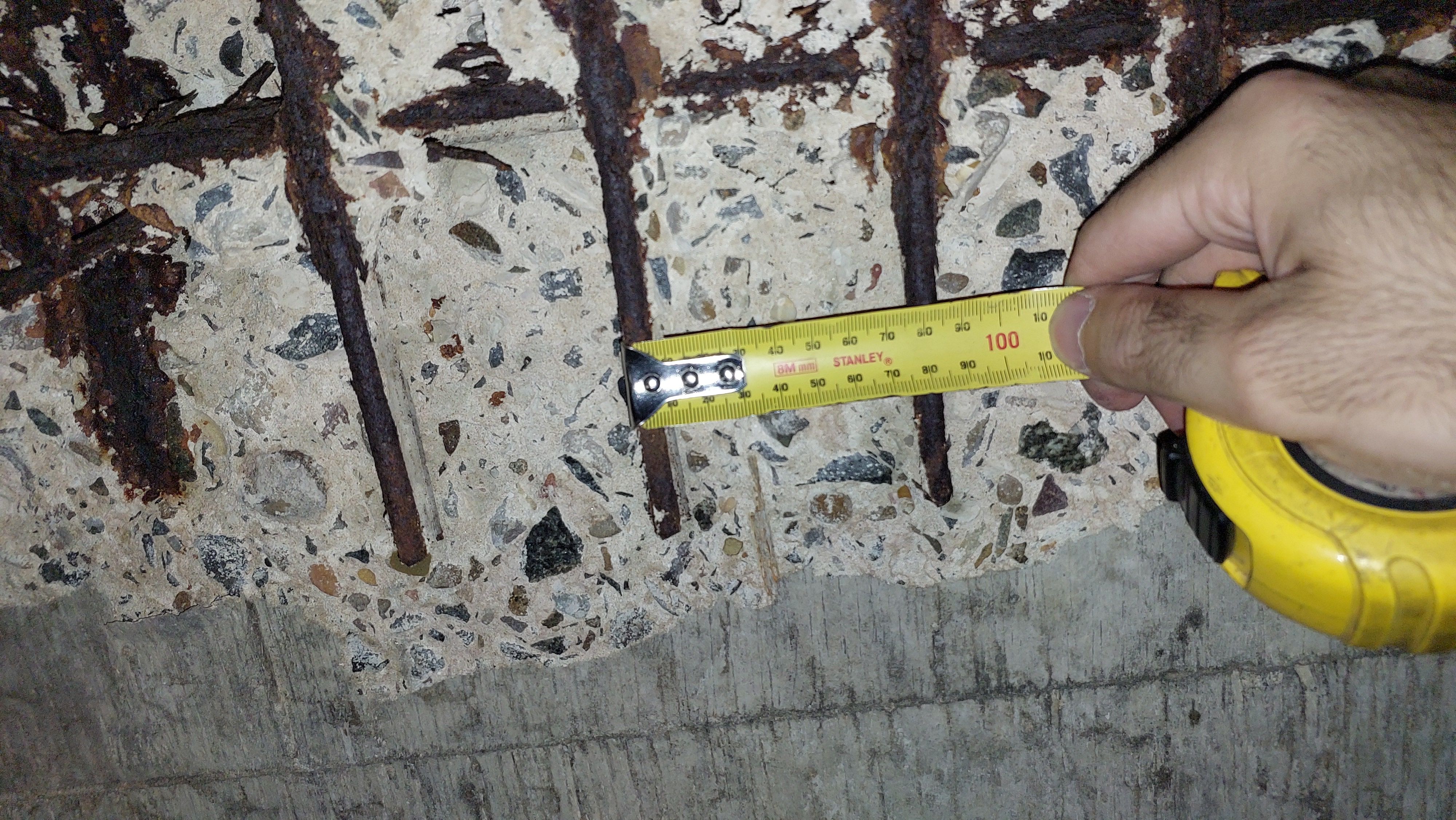Types of Reports Structural and Forensic Engineers Write
Firstly, what are the differences between structural engineers and forensic engineers?
Structural engineers focus on designing and ensuring the integrity of buildings and other structures. They use advanced software to create detailed models that predict how structures will behave under various conditions including ground stability and wind loads.
Forensic engineers specialise in investigating structural failures. Their expertise lies in understanding why something went wrong and how to prevent it in the future. Advanced modeling and simulation tools enable forensic engineers to recreate scenarios and provide accurate analyses of structural failures.
Structural Engineers
Structural engineers focus on the design, analysis, and construction of structures, ensuring they are safe, stable, and compliant with relevant codes and regulations. The following are common types of reports written by structural engineers:
- Structural Design Feasibility Reports: These reports outline the design process, including calculations, materials, and specifications for new structures or modifications to existing ones. They examine the options available to the developer on how their building can be altered or extended to meet structural and budgetary constraints.
- Pre-Purchase Inspection Reports: Structural engineers conduct inspections to assess the condition of structures, identify any issues, and recommend necessary repairs or maintenance. These are usually requested by a property buyer who obtains a Pest and Building Report that identifies potential structural issues that need to be investigated by a structural engineer.
- Structural Adequacy Assessment Reports: Usually, with existing buildings and structures, their structural integrity and precise construction methods of their footing systems are uncertain. These reports evaluate the structural integrity of buildings to withstand additional modifications or structural loads as part of a redevelopment of a building or structure. Local councils often condition these when granting development consent.
- Dilapidation Reports: A detailed report of the current condition of a property and its surrounding infrastructure, such as roads and adjacent buildings. It serves as a pre-construction and post-construction photographic record, capturing the state of the property before and after any work is undertaken. This report is essential for identifying any existing issues and for protecting all parties involved from potential disputes regarding damage claims. Local councils often condition these when granting development consent.
Forensic Engineers
Forensic engineers specialise in investigating structural failures and defects to determine their causes and provide recommendations for remediation. Common types of reports written by forensic engineers include:
- Failure Investigation Reports: These reports detail the investigation of structural failures, identifying the root causes and contributing factors and recommend necessary remedial repairs and their costs. These are often obtained by insurers when assessing and determining whether certain damages were caused by an 'insurable event' under an insurance policy held by a building owner.
- Defect Remediation Reports: Forensic engineers examine construction defects and provide expert opinions on their origins, potential impacts, and recommended remedial solutions. These are often requested by homeowners and strata managers to assist in determining the causes of structural defects and making necessary remedial repairs to prevent further issues.
- Structural Expert Opinion Reports: In legal cases involving structural issues, forensic engineers provide detailed reports to support their expert testimony, helping to resolve disputes and determine liability. These reports often recommend necessary remedial repairs and their cost estimates using a Scott Schedule.
Why are Inhouse Consulting Engineers Trusted Structural and Forensic Engineers?
Over the past 35 years the company has competently carried out over 20,000 commissions.
Such is our reputation as a leading forensic and remedial structural engineer, we currently service three (3) of Australia's largest insurance companies including:
- NRMA
- Allianz
- CGU
Between these companies, we have completed over 1,000 remedial investigations and reports since 2017 alone. Our experience and expertise in remedial and structural engineer is equally valuable to the strata management industry for whom we have undertaken over 600 engagements.
At Inhouse Consulting Engineers, we pride ourselves on our reputation as leaders in structural and forensic engineering and we are committed to continuing to provide our client's with the most trusted structural and forensic reporting services.
To learn more about our services, please contact us to speak with a senior structural engineer today! We look forward to assisting you with your structural or forensic investigation and report.

